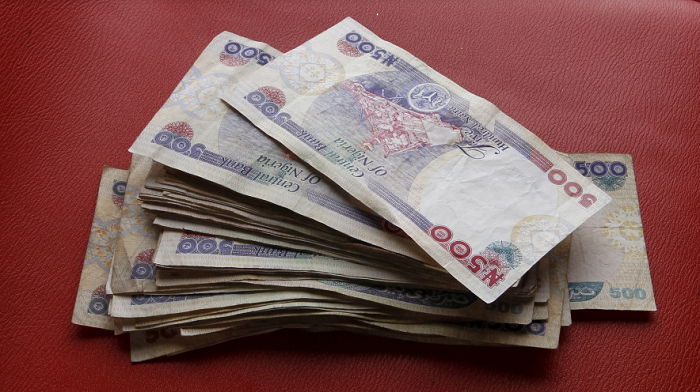Financial analysts have forecasted a likely pullback in the stock market during the second half of 2024, following a peak in the first half of the year.
This projection was highlighted by the experts at the Arthur Steven Asset Management Limited (ASAM) Quarterly Webinar titled ‘The Economy & Capital Market Outlook for Second Half 2024’.
The President of the Association of Capital Market Academics of Nigeria (ACMAN), Prof Uche Uwaleke said it’s possible that the stock market correction could occur in H2 2024, especially as the market has reached a peak in Q1 2024.
“I see a stock market that will likely pull back in H2 2024 having attained a peak in Q1 2024. If history is any guide, market correction will most likely occur in H2 2024,” he said.
Uwaleke noted several major factors that are set to shape the performance of the Nigerian capital market in H2 2024.
Monetary Policy
He noted that the Central Bank of Nigeria’s (CBN) monetary policy stance will be a significant influence on stock market performance.
Uwaleke said aggressive tightening measures, resulting in higher interest rates, make fixed-income securities more attractive but reduce credit availability to real sectors of the economy.
“Given that the impact of monetary policy comes with a lag, it should be expected that the full effects of the pace and scale of policy rate hikes will hit the economy in H2 2024,” he said.
Inflation
He said inflation is likely to remain elevated in H2 2024 due to the removal of fuel subsidies and naira devaluation.
According to him, although the National Bureau of Statistics (NBS) forecasts inflation to moderate to below 30% in 2024, it remains above the CBN’s target band of 21.4%.
He added that persistent inflationary pressures increase production costs, erode profitability, and dampen investor confidence.
“It goes without saying that elevated inflationary pressures contribute to rising costs of production, erode profitability and shareholders’ value as well as dampen investors’ confidence,” he said.
GDP Growth
Uwaleke noted that the International Monetary Fund (IMF) has reduced Nigeria’s GDP growth forecast from 3.3% to 2.9% for 2023 and 3.1% for 2024, while the Federal Government’s budget projected a growth rate of 3.76% for 2024.
He stated that high interest rates, exchange rates, and energy costs are expected to continue hindering strong GDP growth, particularly in the manufacturing and agriculture sectors.
“Against this backdrop, companies in the agriculture, industrial, and consumer goods sectors may experience depreciation in their share prices in H2 2024 as they navigate the challenging business environment,” he said.
Professor Uwaleke also highlighted the potential game-changer of the proposed listing of Dangote refinery, which could positively influence the market if it materializes in the latter half of the year.
He added that the positive impact of the works of the Presidential Committee on Fiscal Policy and tax reforms, alongside the Presidential Economic Coordination Council, is expected to be realized in 2025.
The Managing Director, Arthur Steven Asset Management Limited and former President of the Chartered Institute of Stockbrokers (CIS), Mr. Olatunde Amolegbe said the impact of adjusting the MPR for inflation indirectly impacts the equities market and has caused increased participation in the fixed income market.
He noted that investors should allocate more to risky assets for selected counters.
“Counters such as banking stocks, companies with positive earnings and with forex earnings,” he said.






















